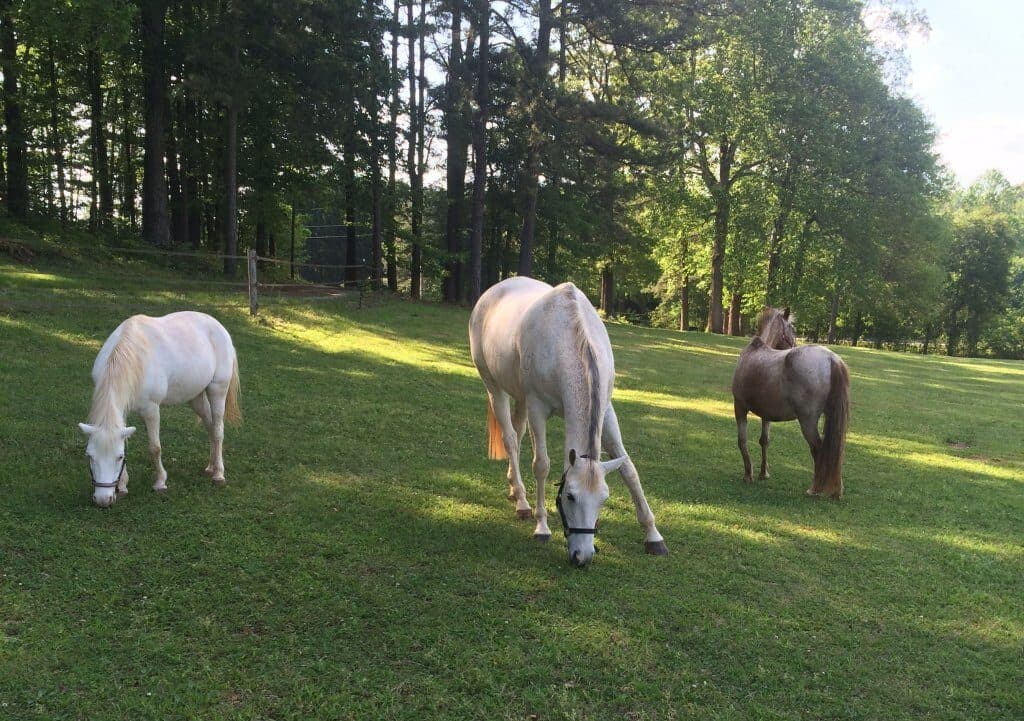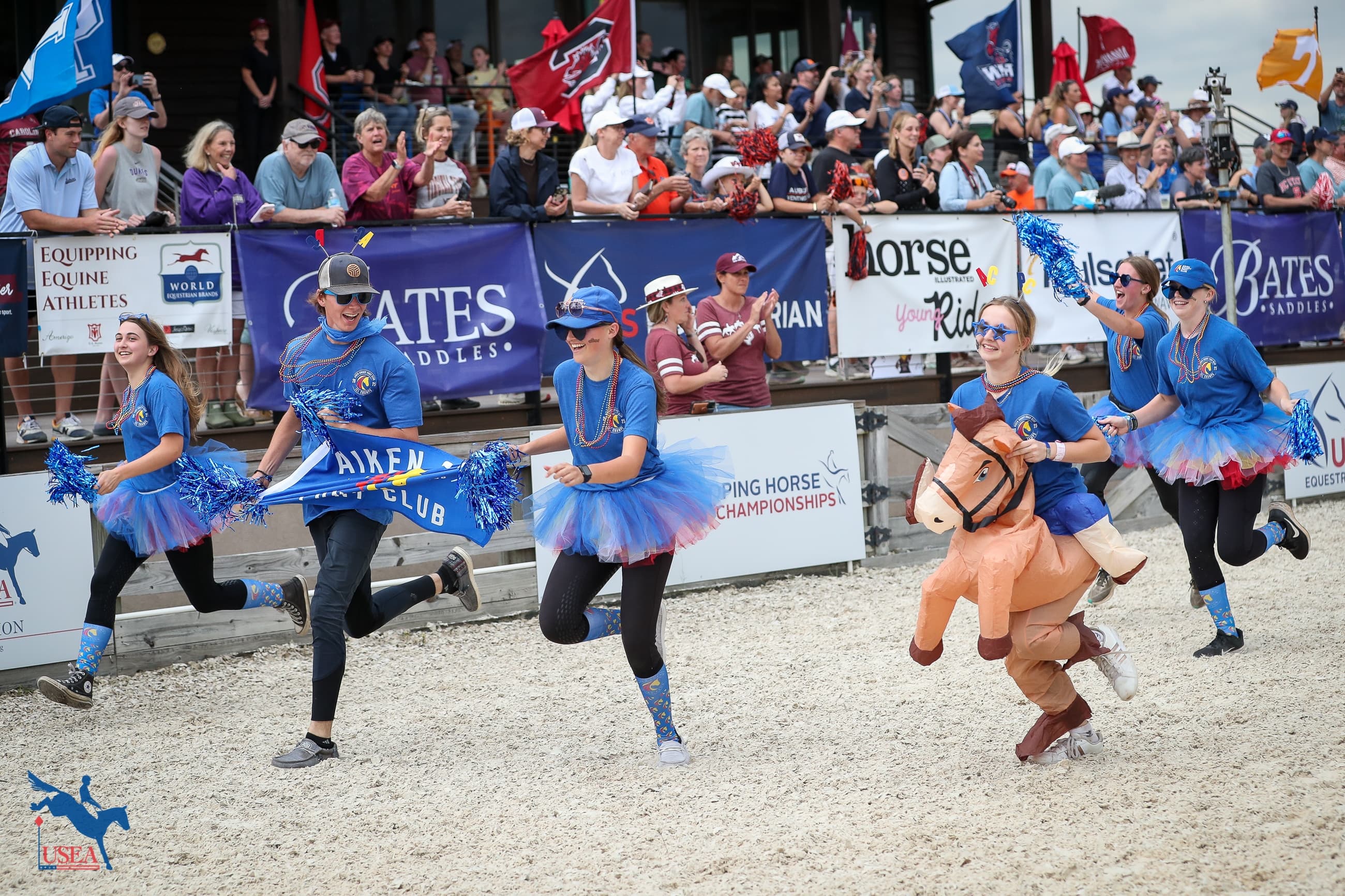Keys to Effectively Deworming Your Horse

This educational article is brought to you by Merck Animal Health, the Official Animal Heath Care Provider of the USEA.
Gone are the days when you just grabbed a tube of whichever dewormer was on sale. We know now that the most effective deworming program involves treating the right horse at the right time for the right parasites.
The key is to work with your veterinarian to conduct fecal tests to determine your horse’s shedding status (how much and of which parasites he is shedding), then customize the deworming protocol. Low egg shedders typically require only two dewormings a year, whereas high shedders may require up to six treatments.
Horses that spend most of their time in stalls generally are at reduced risk of exposure to most parasites, particularly strongyle-type parasites and potentially tapeworms. If stalls are cleaned daily, then the risk of re-exposure to infective parasite eggs and larvae is greatly reduced (also, horse urine is toxic to developing strongyle larvae).
Because tapeworm transmission requires ingestion of infected mites on pasture, this parasite also presents less of a risk to horses that spend little time on pasture. Stall-confined horses, or those turned out in their own paddocks, are also less likely to encounter parasite eggs in the manure of other horses. Pinworms and ascarids, on the other hand, are parasites that can be transmitted in stalls as well as on pasture.
Now, more than ever, it is critical to partner with your veterinarian and take an active role in the parasite control process. Considerations beyond which dewormer to use are at play. Your farm is unique, which means your horses and their parasite burdens are unique and may benefit from management solutions that go beyond chemical parasite control strategies.
Top 10 non-chemical parasite control tips
- Don’t overstock pastures or allow pastures to become overgrazed
- Remove manure from stalls, paddocks and pastures every 24 to 72 hours before strongyle eggs have a chance to hatch and develop into infective larvae (about five to seven days during optimal conditions)
- Keep pasture roughs (areas where horses defecate) mowed 3-8 inches
- During hot, dry weather, harrow or rake pastures to disperse manure piles and expose larvae to sun. Rest the pasture at least four weeks after harrowing
- Cross-graze pastures with other species. Cattle, sheep and goats serve as biological vacuums for equine parasites
- Make at least one cutting of hay off some pastures to help reduce the parasite burden
- Plant an annual crop such as winter wheat
- Feed hay and grain in raised containers and not directly on the ground
- Clean water sources regularly to prevent fecal contamination
- Compost manure. Properly composted manure will kill strongyle larvae and many ascarid eggs
For more information, visit Merck-Animal-Health-Equine.com. Consult your veterinarian for assistance in the diagnosis, treatment and control of parasitism.














